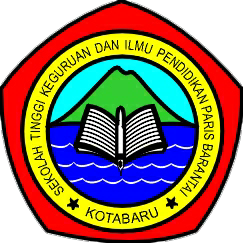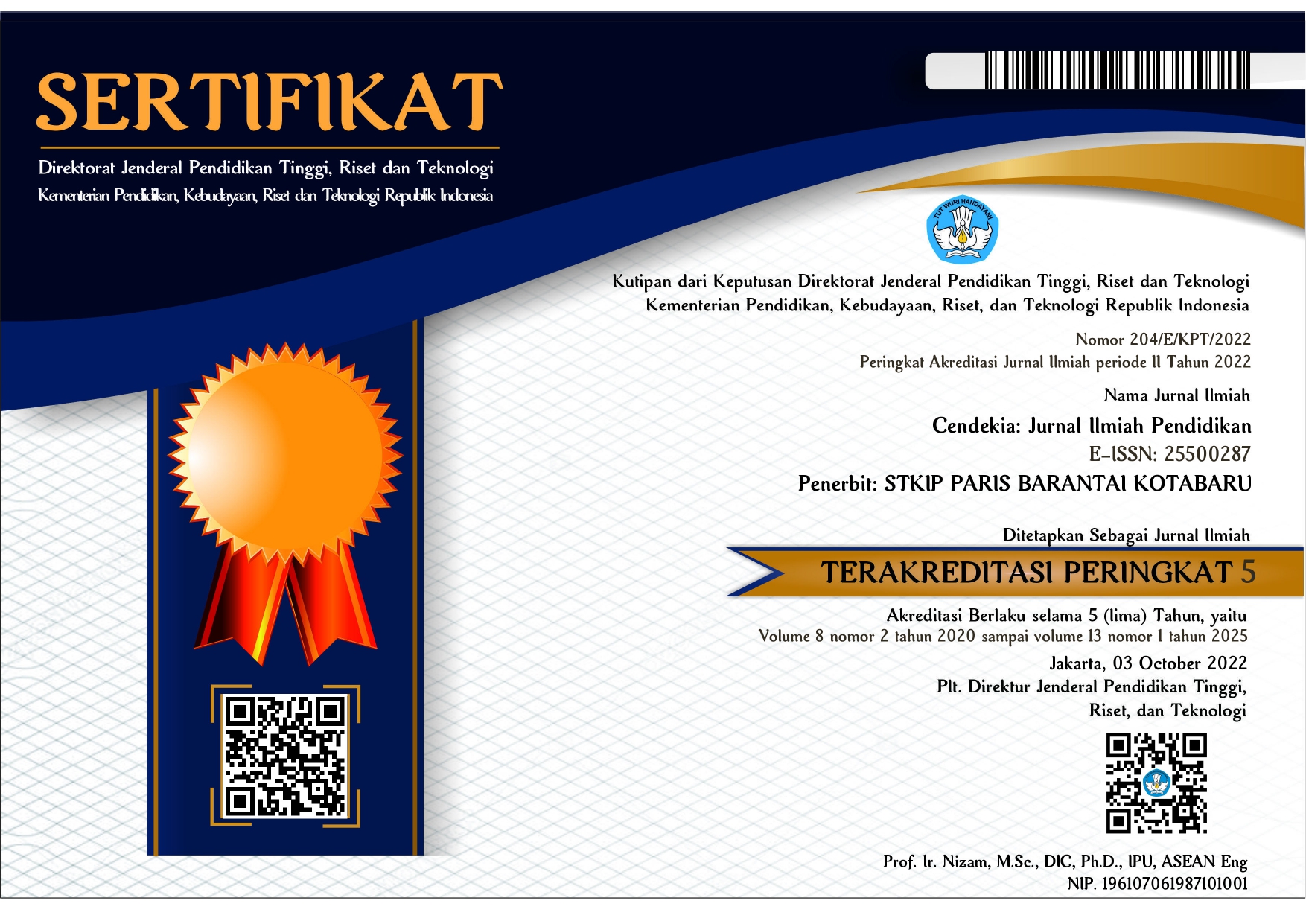IMPLEMENTASI PERSFEKTIF NATIVISME DALAM PEMBELAJARAN BAHASA INDONESIA DI PERGURUAN TINGGI
Abstract
This study aims to examine the implementation of nativism perspective in Indonesian language learning in higher education. This research applies a qualitative method with a literature study approach, where written sources, such as books and journals, are the main references. The literature research method is used to find and collect references that can support and deepen the study in articles and books. The results found that nativism theory states that individual development, including language skills, is influenced by innate or genetic factors. In education, a child's learning ability, including language acquisition, is more determined by natural potential, while environmental factors play a minor role. In higher education, nativism can be applied by optimizing students' innate potential in learning Indonesian, while paying attention to mother tongue interference in phonology and morphology. An environment rich in language stimulation, such as social interaction and media use, is also important to optimally develop students' language skills.









